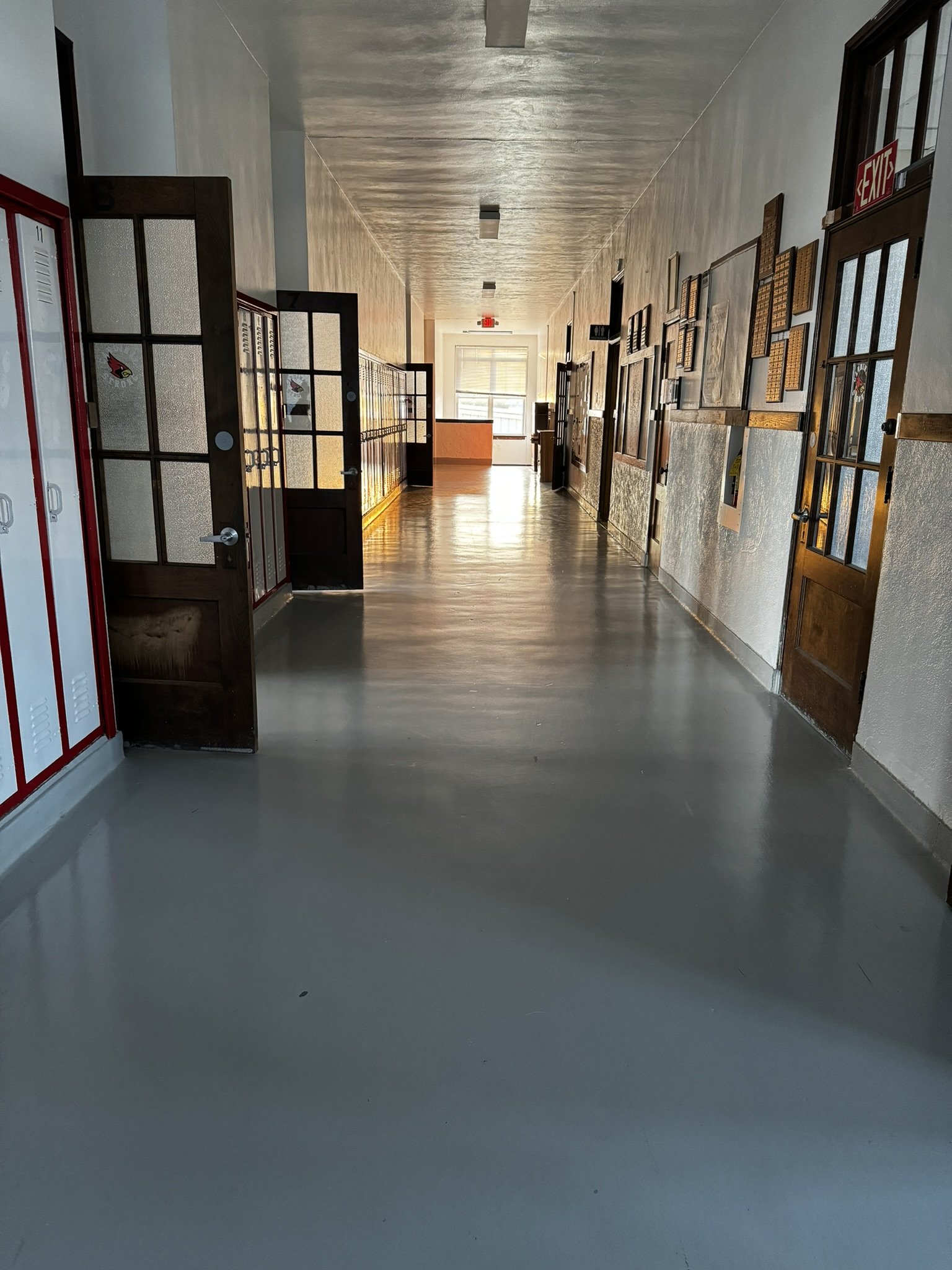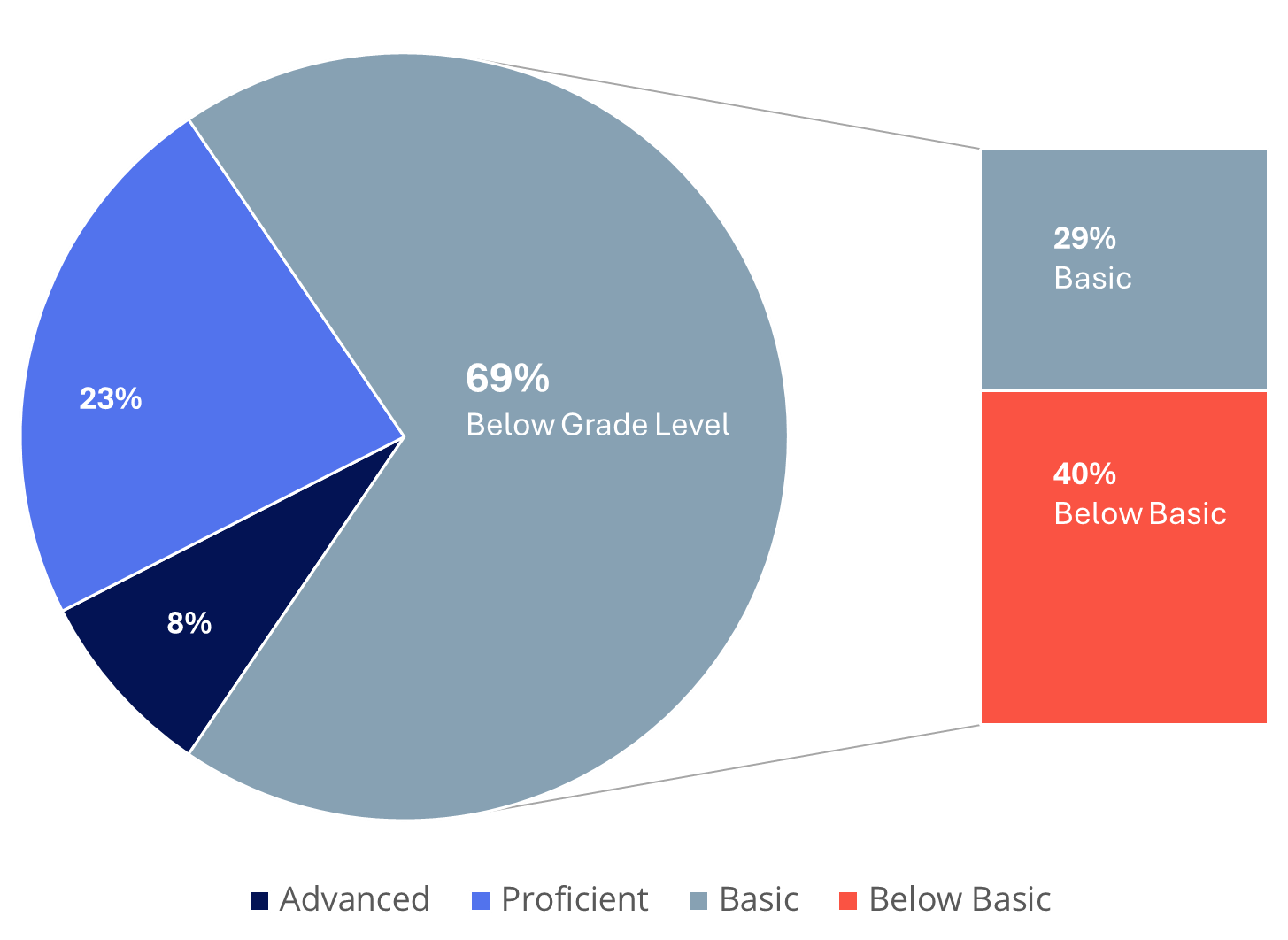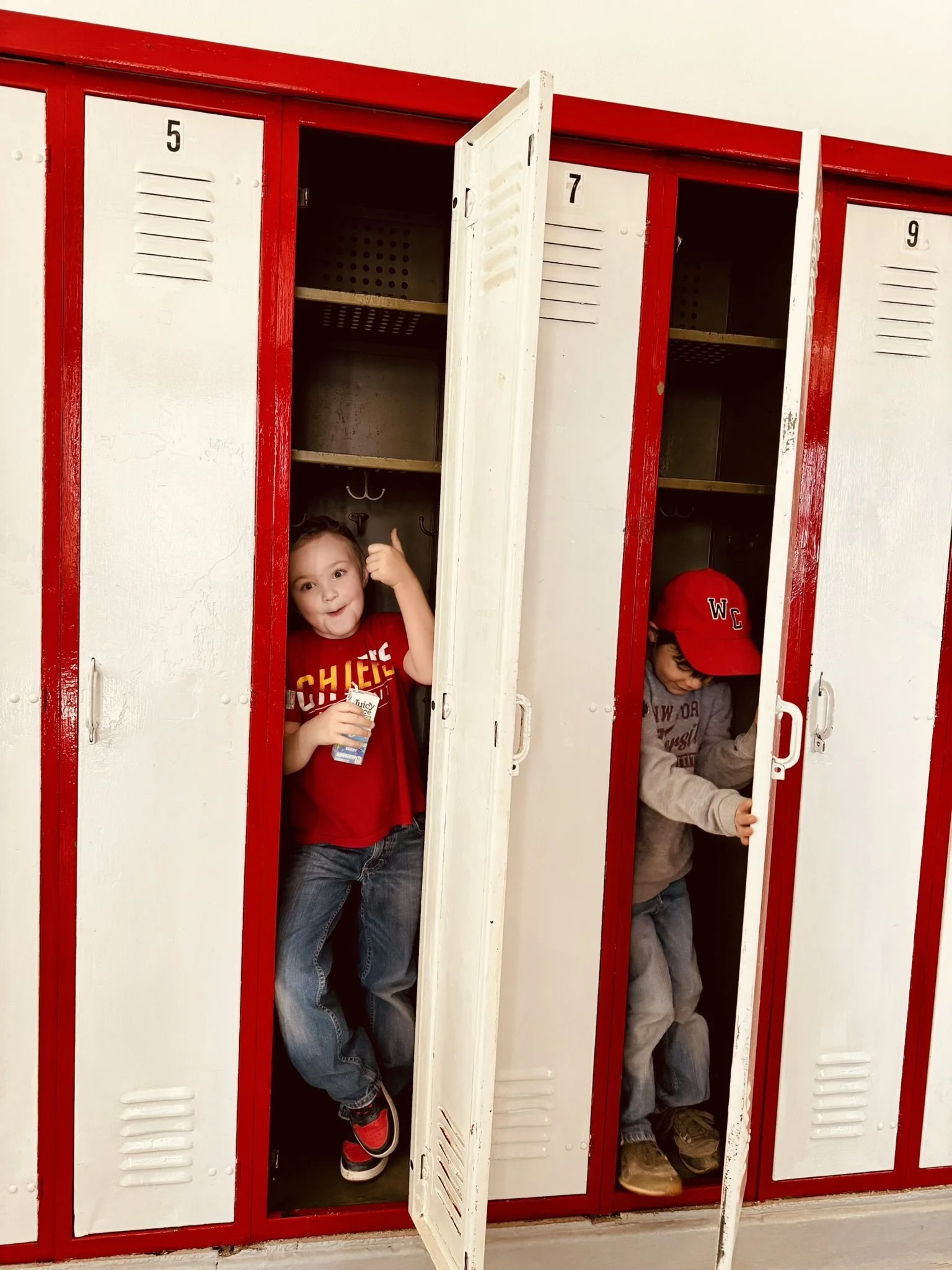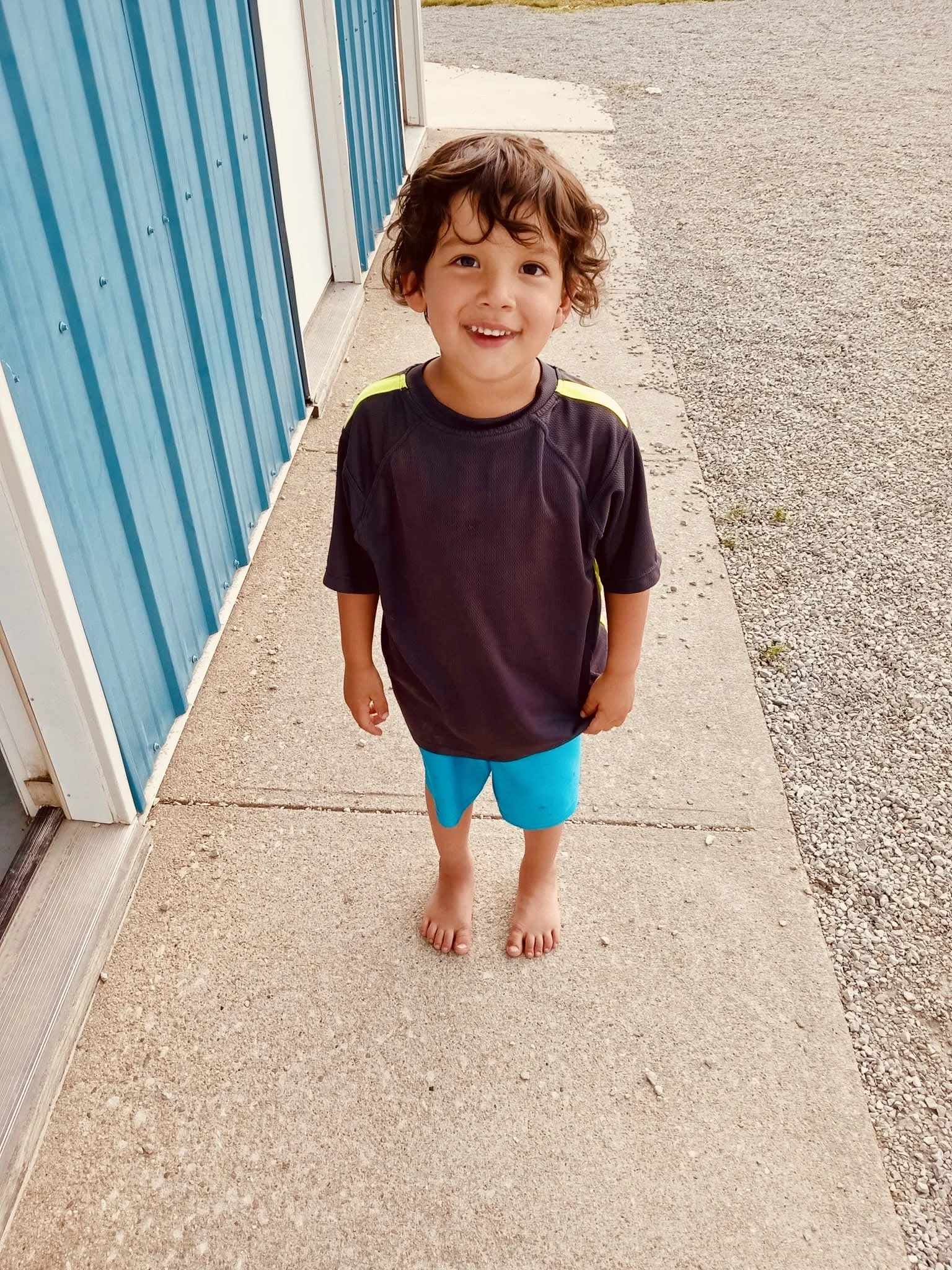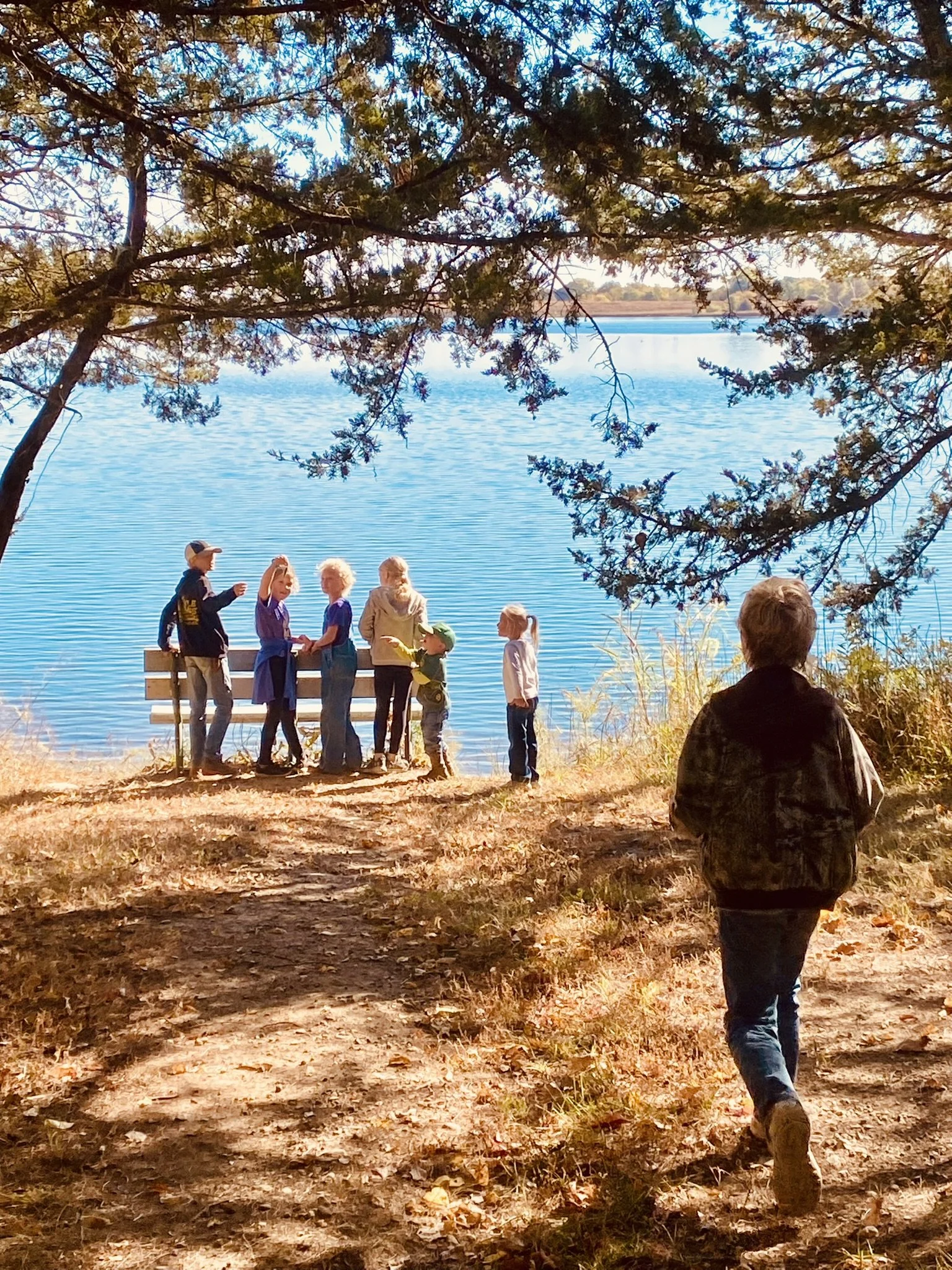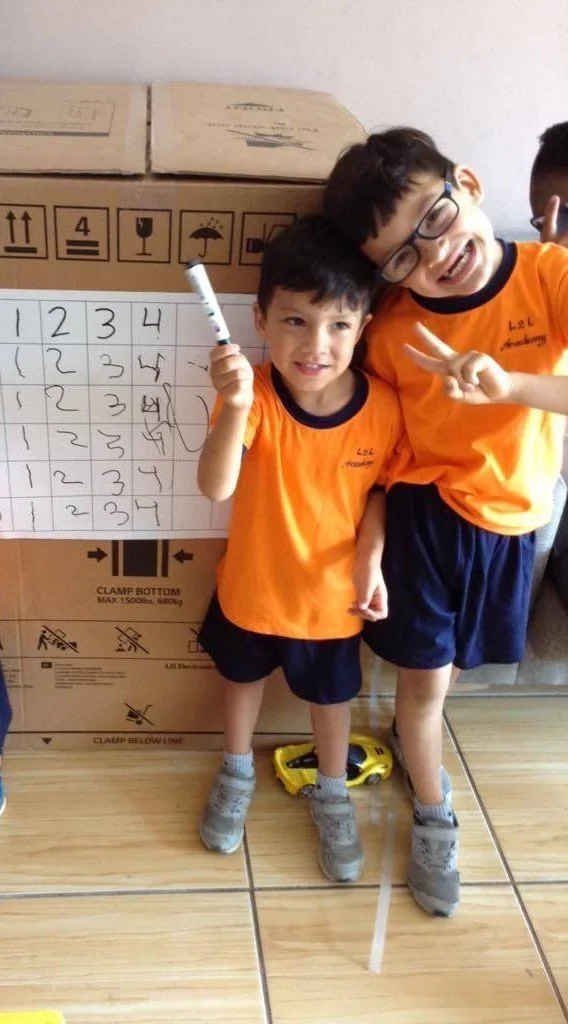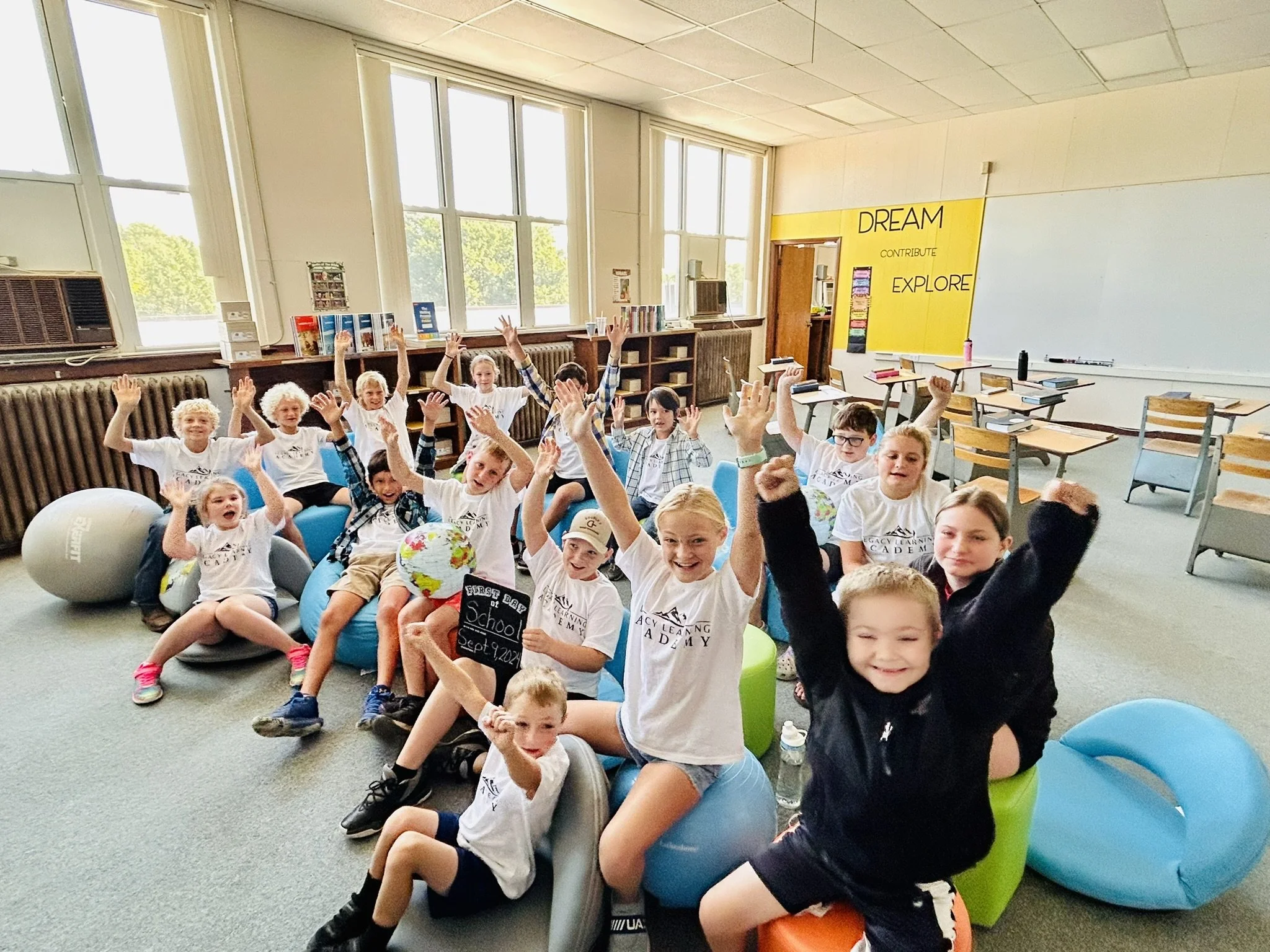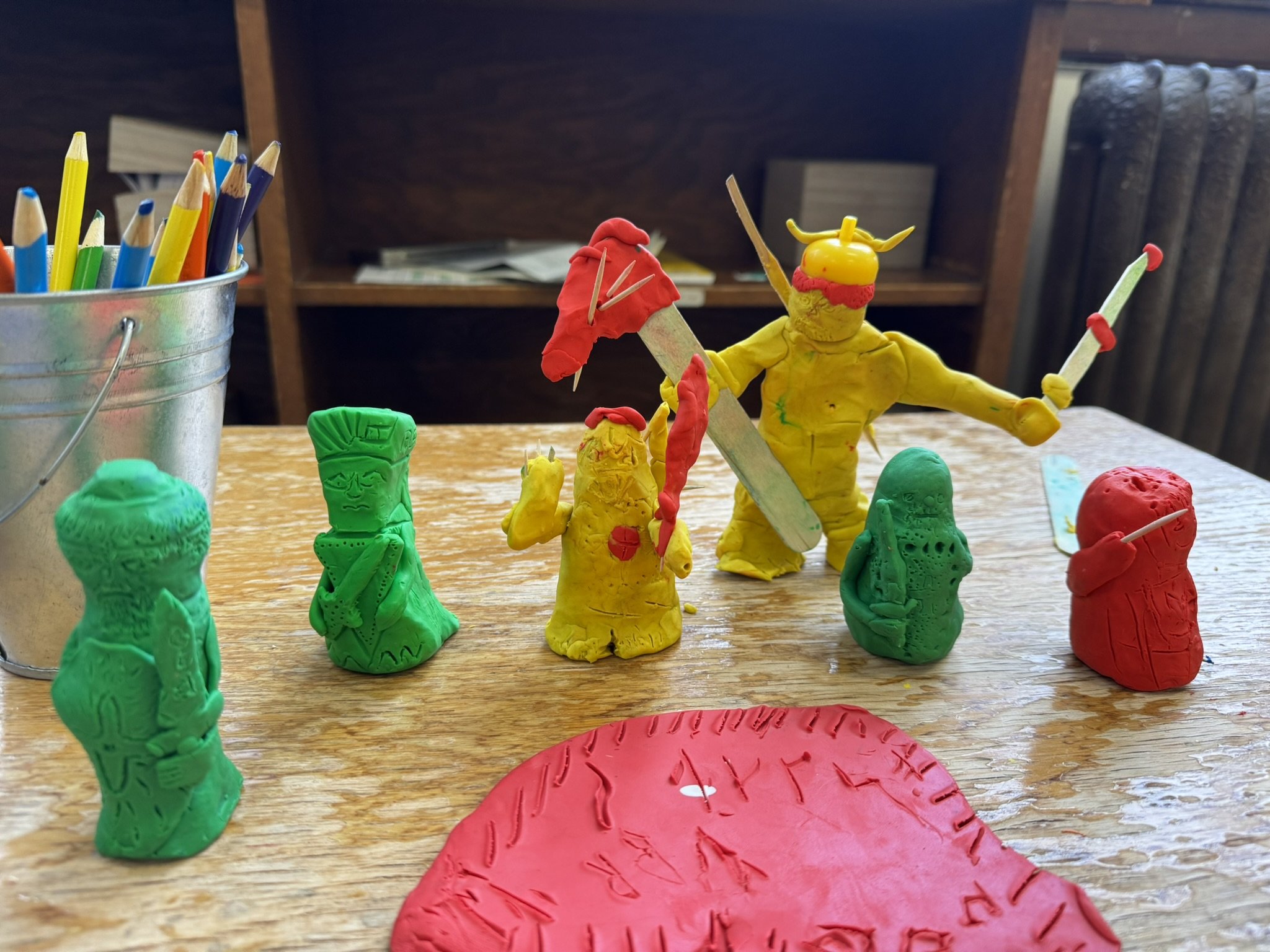
Rethinking What Matters.
Rethinking What Matters.
The News Is Not Good
According to the most recent 2024 NAEP data, nearly 70% of 4th graders are below grade level in reading. Average scores dropped 2 points from 2022 (to 215 on a 0-500 scale), and are now 5 points below 2019 pre-pandemic levels.
2024 Reading Proficiency - 4th Grade
DATA SOURCE: U.S. Department of Education, National Assessment of Education Progress 2024This means that 2 out of every 3 children are not only struggling with reading - but their entire learning experience is being bogged down with a basic inability to navigate daily assignments and simple activities.
Kids Are Suffering
Reading scores are at record lows with 40% of fourth graders and 33% of eighth graders performing at the "Below Basic" level (the largest percentage of students at the bottom level in over 25 years).
These kids are not just falling behind a little; they are falling behind a lot. Below Basic is the lowest level on the NAEP scale, and it means that kids are struggling with the most basic foundational reading skills.
For example, if a 4th grader at Below Basic level were asked to read, “She won the debate by using strong facts,” the student might say, “She won something,” but not be able to sound out the word “debate” or explain why facts helped her win.
40% of students at the lowest level.
That’s a ton of kids who can’t read well enough to follow a recipe, understand a homework assignment, or even enjoy a comic book without getting frustrated.
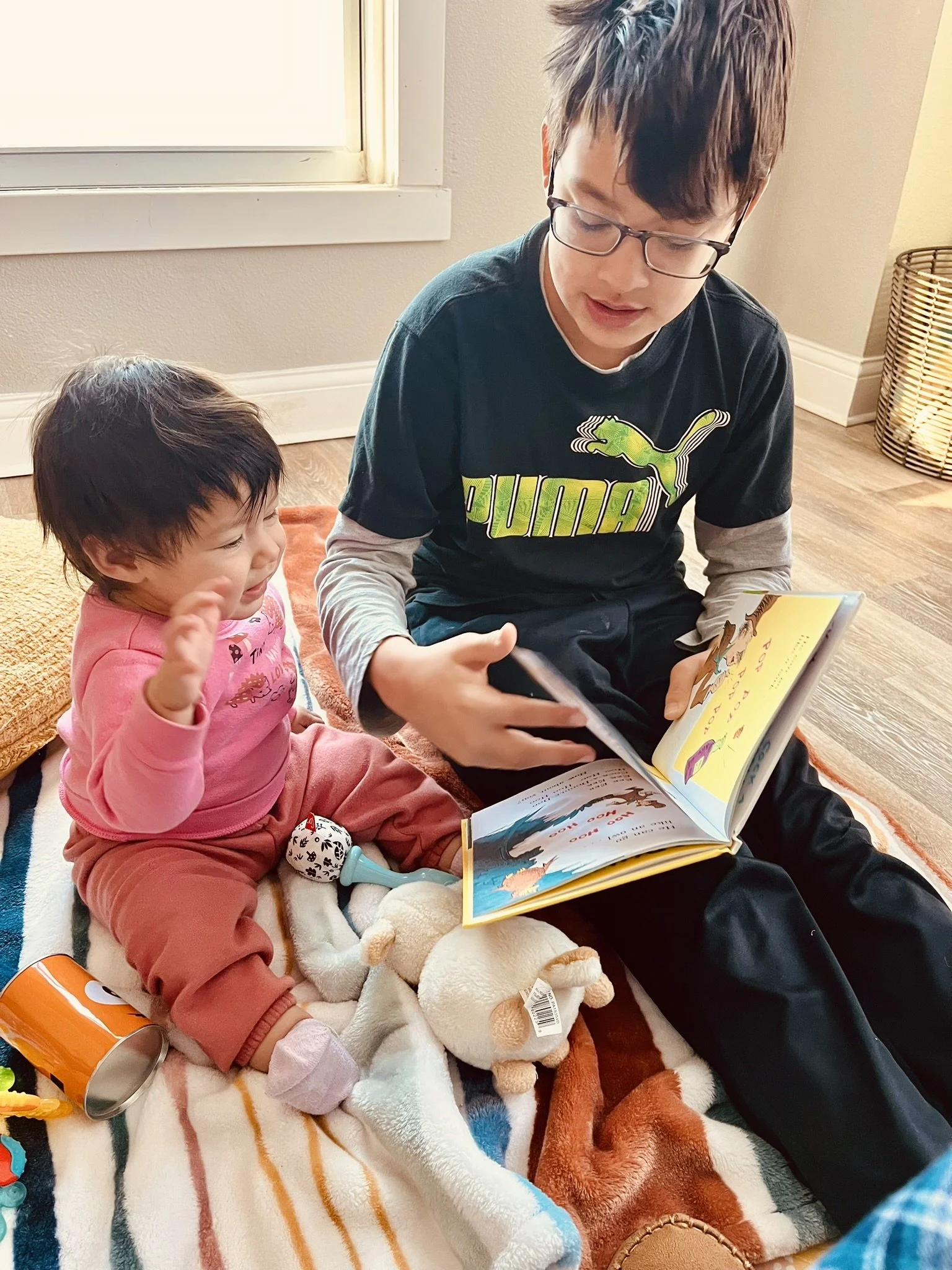
Rethinking What Matters.
We’re rethinking what matters in education and cutting through complexity to focus on what matters most.
First Principles thinking is a way of solving problems by going back to the basics to ask, “What do we know for sure?” and building up from there. In education, this means stripping away all the extra noise and assumptions about how things “should” be done and instead focusing on what kids and families truly need.
Our approach is BOLD, but it’s not complicated.
It’s designed to put kids and families first.
It’s that simple.
5 Things We Know About Learning
Learning Requires Active Engagement
Learning requires active engagement. The learner has to interact with the material - whether it’s a concept, skill, or experience. Passive exposure (like hearing a lecture while half-asleep) doesn’t stick. The brain needs to process, question, or apply something to form connections.
Humans Are Naturally Curious
Every kid asks "why" a million times. This is how we were designed - curiosity drives survival, problem-solving, and innovation. Education works best when it taps this instinct, not when it smothers it with rote tasks. Anthropologists see this across cultures—humans seek knowledge when it matters to them. Any system ignoring this fights nature.
Knowledge Builds On Prior Knowledge
You can’t grasp calculus without numbers, or Shakespeare without words. Education is cumulative—new ideas anchor to what’s already in your head. Cognitive science calls this "scaffolding" - each layer of learning supports the next. If the foundation’s shaky (say, weak reading skills), everything higher up wobbles. This is why skipping basics for flashy advanced stuff fails - it’s like building a house on sand.
Feedback Drives Improvement
Education isn’t just input; it’s a loop. Students need clear, timely signals on what’s working or not—whether from a teacher, a test, or a hands-on result. Without feedback, they’re stumbling blind. The 1:1 instruction model we champion shines here because feedback can be instant and tailored. Learning falters without this type of compass.
Trust Shapes Participation
Trust shapes participation. Students won’t engage—won’t ask, try, or risk failing—unless they trust the environment. This isn’t just about "good teachers" being nice; it’s about reliability, respect, and safety to experiment. Trust unlocks effort. A good learning experience depends on that bond, no matter the topic.
These aren’t opinions or trends; they’re bedrock. Engagement, curiosity, and progression are non-negotiable, because that’s how humans work.
“For no one can lay any foundation other than the one already laid, which is Jesus Christ.”
— 1 Corinthians 3:11
3 Things We Know About Education
Wisdom Begins with Reverence for God
Proverbs 9:10
"The fear of the Lord is the beginning of wisdom, and knowledge of the Holy One is understanding." True education isn’t just about accumulating facts - it’s grounded in recognizing a higher purpose and authority. All humans seek knowledge, but scripture frames knowledge as a pursuit to be guided by awe and humility towards God. For us, education is not just about mastering skills, it’s about learning how to honor God and love others.
Instruction Shapes Character
Proverbs 22:6
"Train up a child in the way he should go, and when he is old he will not depart from it." We see education as a holistic endeavor. Beyond skills and intellect, education is meant to build moral and spiritual foundations for future generations. Knowledge builds on prior understanding. Early lessons (biblical or otherwise) set the trajectory for moral development. We believe there is one source for this type of holistic development, and it’s too important to leave to anyone (or anything) else.
Renewal Comes With Understanding
Romans 12:2
"Do not conform to the pattern of this world, but be transformed by the renewing of your mind.” True education is active and transformative. It is not cultivated through passive absorption - it includes wrestling with the truth to align with God’s will. Education should challenge students to think critically (using a biblical lens), so they are free to consider the world and come to a knowledge of the truth.
These principles - reverence as the root, character as the frame, and transformation as the process - dovetail with the things about learning that are built into our DNA. Everything we do at the academy is built on these basic principles and biblical truths.
Not only are these things central to education - they are central to life.
1 Thing We Place Above All Else
Love the LORD your God with all your heart, with all your soul and with all your strength.
These commandments that I give you today are to be on your hearts...
Impress them on your children.
Talk about them when you sit at home and when you walk along the road, when you lie down and when you get up.
Write them on the doorframes of your houses and on your gates.
Tie them as symbols on your hands and bind them on your foreheads.
Deuteronomy 6:5-9
By placing these truths back in order, we are learning that God has given us everything we need, and nothing is as complicated as it once seemed.
“Come to me all who are weary and burdened, and I will give you rest…For my yoke is easy and my burden is light.”
— Matthew 11:28, 30
First things first.
Other things second.
It’s that simple.
How Will You Know If It Works?
“Each tree is recognized by its own fruit. People do not pick figs from thornbushes, or grapes from briers. Thus, it is by their fruit that you will recognize them.” - Luke 6:44 and Matthew 7:20
Watch this video for a look at how following God is
changing everything.
Small is the gate and narrow is the road that leads to life. We know this program may not be what everyone wants, but we believe it’s something that kids and families need.
May God be with us as we go.
